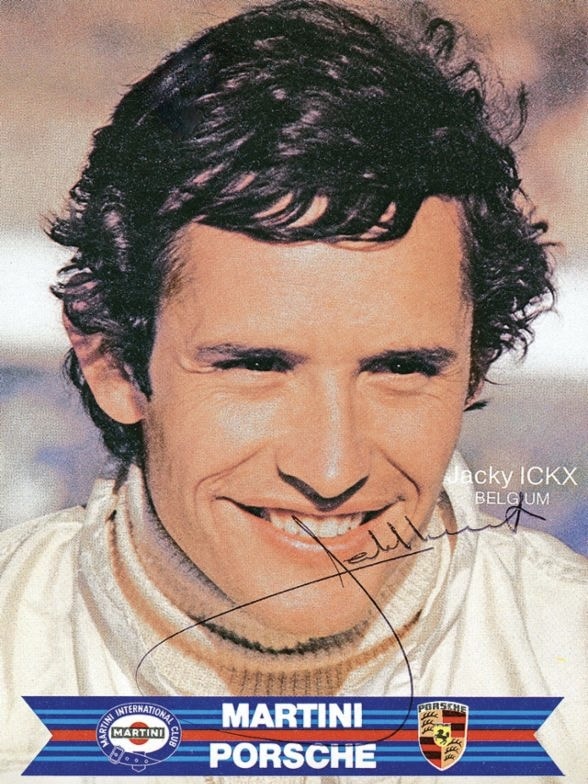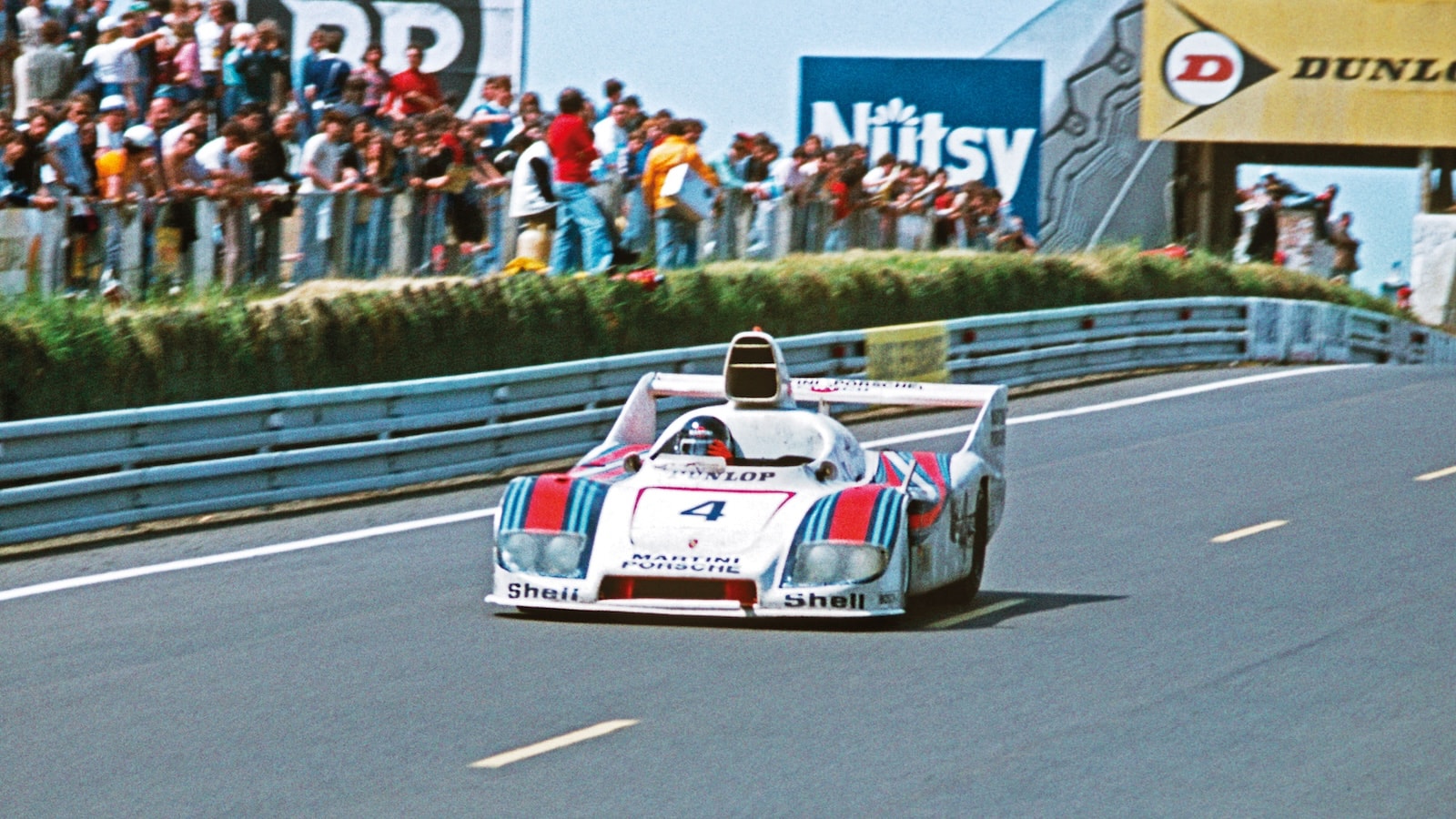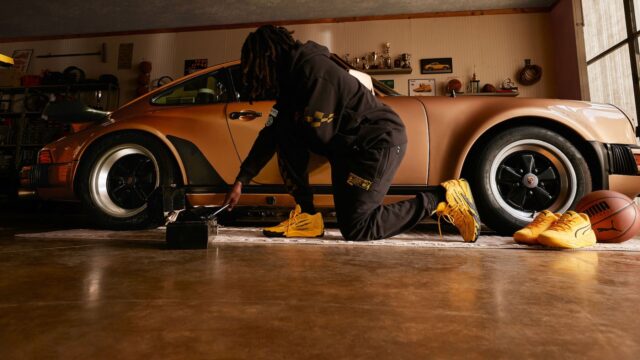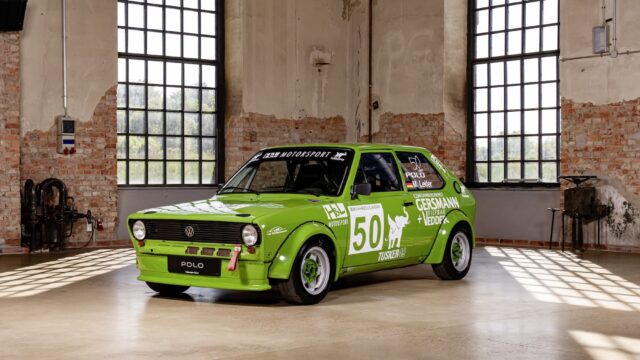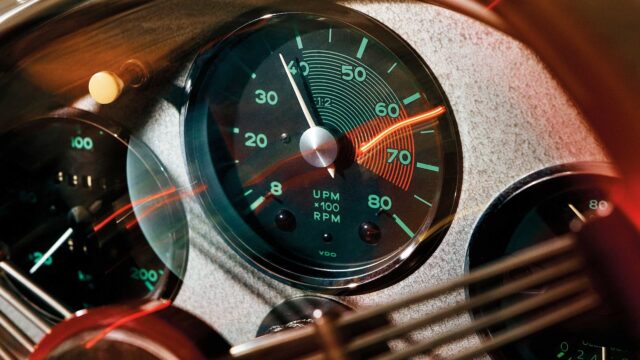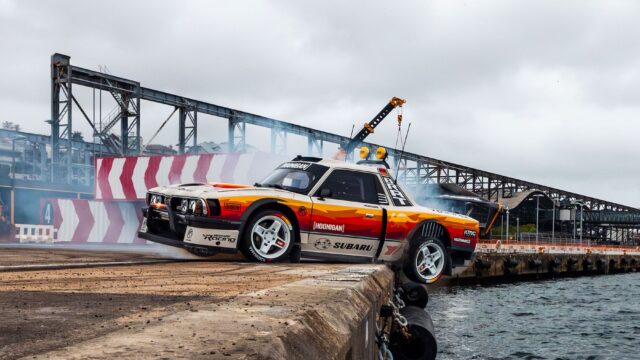The 1977 24 Hours of Le Mans began as a nightmare for Porsche. Of the three factory-entered cars, two retired early—one due to a blown head gasket, another to engine failure. The remaining 936-001, suffering from a failed fuel pump, lost nine laps and fell back to 41st place.
But it was from this setback that one of the greatest endurance racing comebacks would be born.
In a bold move, Porsche called upon their star driver and previous year’s winner, Jacky Ickx. Despite 936-001 already having over 22,000 kilometers on the odometer, the Belgian ace got behind the wheel at 8:30 p.m. and pushed the aging machine to its limits.
For eleven straight hours, Ickx ran triple stints, attacking the field relentlessly—even through dawn rain. He shattered the lap record with a time of 3:36.50, 3.1 seconds faster than the previous best. Precision shifting, mechanical sympathy, and unwavering focus defined his stint.
As morning arrived, Ickx, Hurley Haywood, and Jürgen Barth had clawed their way to the front. By 9:30 a.m., car number 4 led the race by 19 laps. But fate had one last twist.
At 3:14 p.m., just 46 minutes from the checkered flag, a piston failed. Haywood managed to limp the car back to the pits. Under Le Mans rules, a car must complete the final lap under its own power to be classified. Porsche mechanics quickly isolated the damaged cylinder—cutting fuel and ignition—to allow the car to finish on five cylinders.
At 3:50 p.m., Barth eased 936-001 out of the pit lane for what would become the two slowest, most nerve-wracking laps in Porsche’s Le Mans history. But they made it.
“I had never been able to maintain my concentration at such a high level for that long,” Ickx later recalled. “It was absolutely amazing. A fantastic team achievement.”
That day, Jacky Ickx claimed his fourth of six Le Mans victories, and Porsche earned a win that would define the spirit of endurance racing forever.
